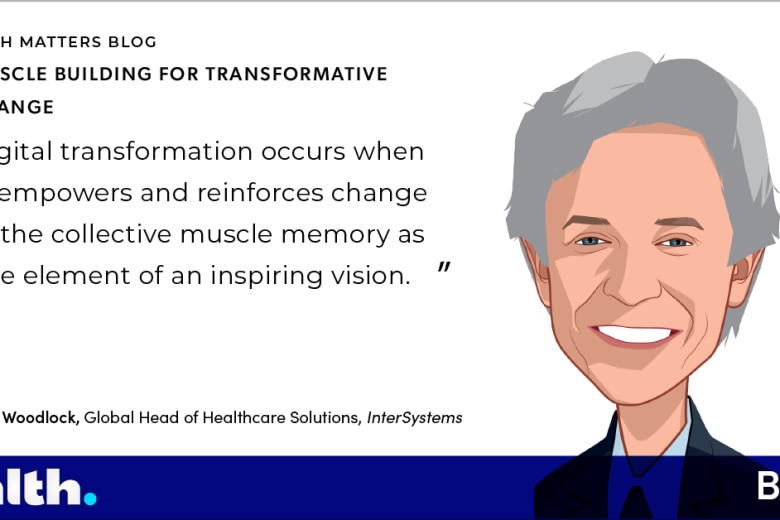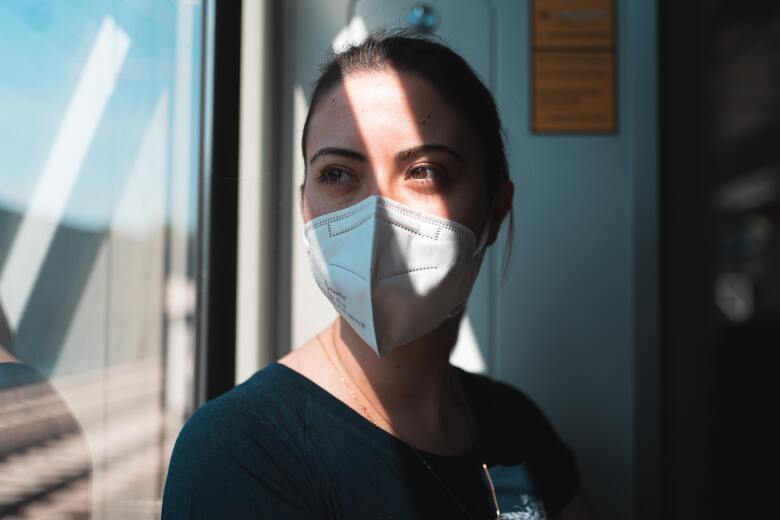When my friend Jean got the call from her son’s high school that he hadn’t shown up for class, and his friends were worried that he might harm himself, she was hundreds of miles away at a business meeting. By the time I heard from her, the family had successfully navigated a brief hospitalization and was carefully working its way through the young man’s battle with depression. Most surprising to me, though, was her description of what she had found to be the scariest piece of the whole – not the helplessness of distance – not the fear for her son’s life, and his future – but the challenge of finding a therapist to help navigate toward that future.
Jean and her husband have excellent health insurance through her husband’s federal government position. They live in an area highly ranked for access to mental health care. Yet it took countless calls to providers across the region, finally culminating in paying out of pocket, before they could find a suitable therapist within a workable travel radius. They found no one within that radius, who would accept their insurance, or who had a waiting list of less than 6 months.
Jean’s son is among the lucky ones. According to the CDC, 1 in 5 children in the US has a mental, emotional, or behavioral disorder, yet only 20% of those receive care from a specialized mental health provider. Many are uninsured. Still others find that their insurance is essentially worthless, because the rates it pays are too low for providers to accept. Others live in areas with too few mental health resources, or those resources are inaccessible to them due to distance, or the time and cost of reaching them.
One of the many reasons I’m encouraged by the COVID-driven upsurge in telehealth/virtual care/digital medicine – pick the term you prefer -- is its potential to help address the inequities of mental health care. Well before quarantine, we had Michael Phelps in our living rooms promoting remote therapy provider Talkspace as “therapy for all” – a lower-priced approach to care unconstrained by geography. But now, every mental health provider I know has adapted (not always happily) to a remote care model; I suspect, once we are past the current crisis, some hybrid model will persist. Meanwhile, AI-based mental health chatbots, sensors built into our connected personal devices, gaming- and virtual reality-based therapeutics, and a host of other information-based interventions are extending mental health treatment options. They also present an opportunity to further expand access and bring down costs.
Albert Einstein is supposed to have said that in the midst of every crisis lies great opportunity. My hope is that the virtual care innovation accelerated by the crisis of COVID-19 will create an opportunity to fundamentally change access to mental health services for all.
Virtual care and digital health tools are soaring in popularity amid the Covid-19 pandemic. A growing number of patients are forgoing face-to-face visits and instead calling, texting, and video chatting with their clinicians. The rapid change could bring clear benefits, including making care more convenient, seamless, and easier to access. But what are the potential challenges — and what elements of the shift to virtual care will stick in a post-pandemic world?




































